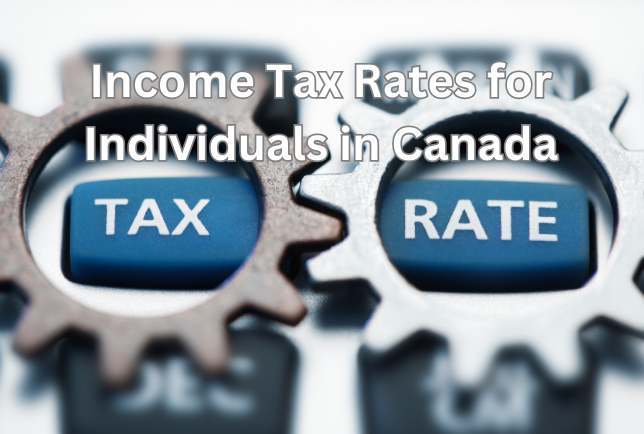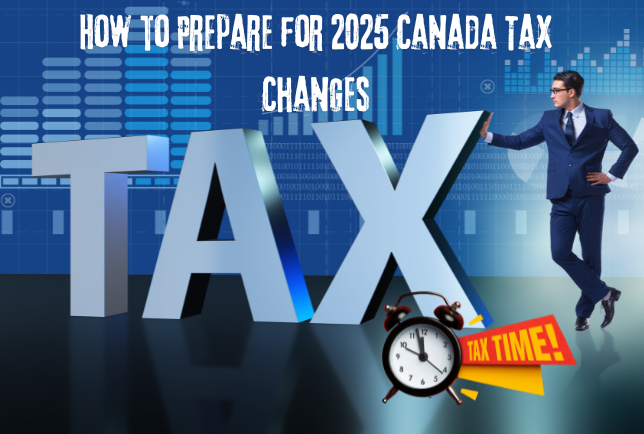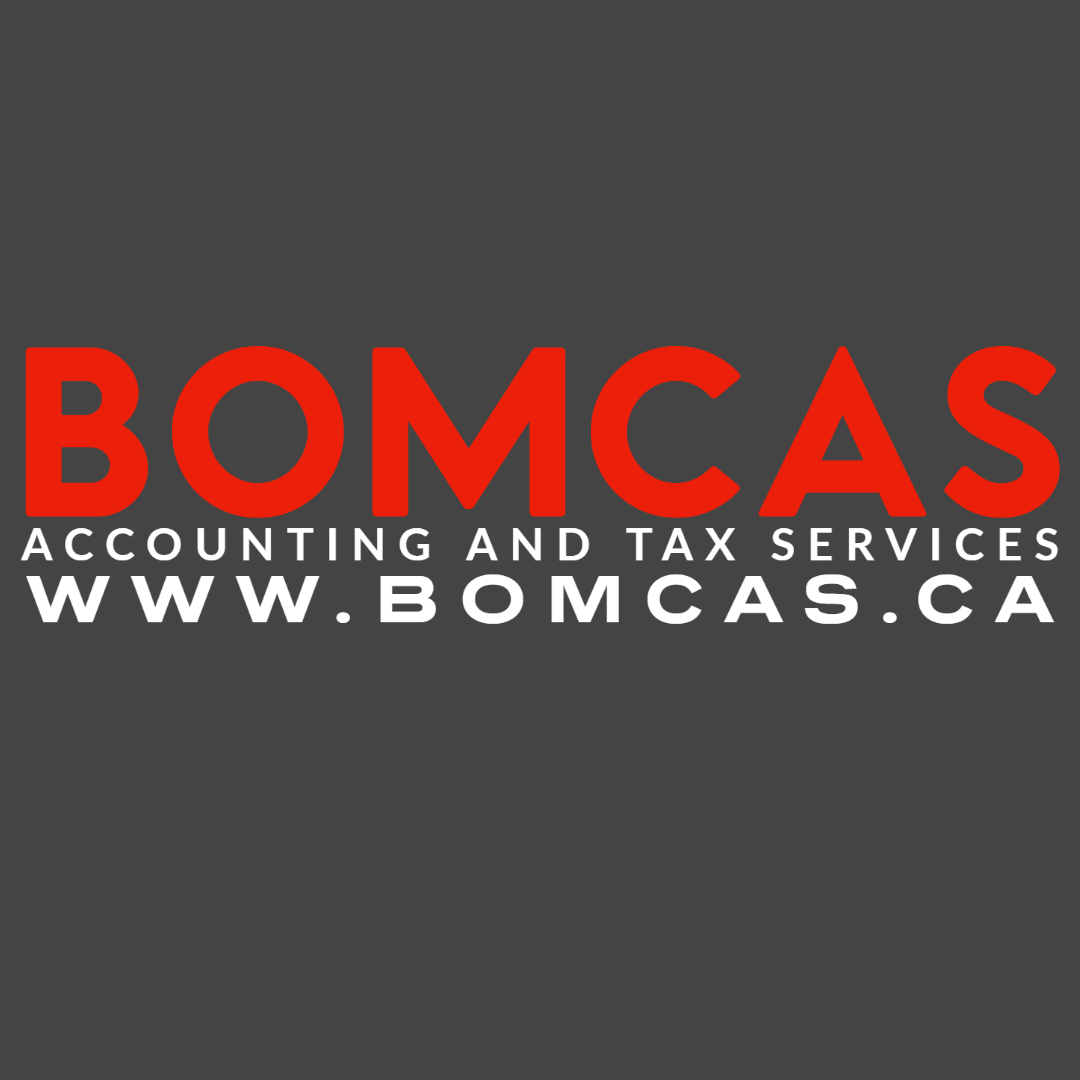Understanding Canadian Individual Income Tax Rates
Canada’s tax system operates on a progressive tax structure, meaning individuals pay higher rates as their income increases. The income tax system includes federal and provincial/territorial tax rates, which are applied cumulatively.

Federal Income Tax Rates (2025)
The following are the federal tax rates for individuals for the 2025 tax year:
| Taxable Income Brackets | Federal Tax Rate |
| Up to $57,375 | 15% |
| $57,375 to $114,750 | 20.5% |
| $114,750 to $177,882 | 26% |
| $177,882 to $253,414 | 29% |
| Over $253,414 | 33% |
Provincial and Territorial Income Tax Rates (2025)
Each province and territory applies its own tax brackets in addition to federal income tax. Below is the breakdown:
Alberta
| Taxable Income Brackets | Provincial Tax Rate |
| Up to $151,234 | 10% |
| $151,234 to $181,481 | 12% |
| $181,481 to $241,974 | 13% |
| $241,974 to $362,961 | 14% |
| Over $362,961 | 15% |
British Columbia
| Taxable Income Brackets | Provincial Tax Rate |
| Up to $49,279 | 5.06% |
| $49,279 to $98,560 | 7.7% |
| $98,560 to $113,158 | 10.5% |
| $113,158 to $137,407 | 12.29% |
| $137,407 to $186,306 | 14.7% |
| $186,306 to $259,829 | 16.8% |
| Over $259,829 | 20.5% |
Manitoba
| Taxable Income Brackets | Provincial Tax Rate |
| Up to $47,564 | 10.8% |
| $47,564 to $101,200 | 12.75% |
| Over $101,200 | 17.4% |
New Brunswick
| Taxable Income Brackets | Provincial Tax Rate |
| Up to $51,306 | 9.4% |
| $51,306 to $102,614 | 14% |
| $102,614 to $190,060 | 16% |
| Over $190,060 | 19.5% |
Newfoundland and Labrador
| Taxable Income Brackets | Provincial Tax Rate |
| Up to $44,192 | 8.7% |
| $44,192 to $88,382 | 14.5% |
| $88,382 to $157,792 | 15.8% |
| $157,792 to $220,910 | 17.8% |
| $220,910 to $282,214 | 19.8% |
| $282,214 to $564,429 | 20.8% |
| $564,429 to $1,128,858 | 21.3% |
| Over $1,128,858 | 21.8% |
Northwest Territories
| Taxable Income Brackets | Provincial Tax Rate |
| Up to $51,964 | 5.9% |
| $51,964 to $103,930 | 8.6% |
| $103,930 to $168,967 | 12.2% |
| Over $168,967 | 14.05% |
Nova Scotia
| Taxable Income Brackets | Provincial Tax Rate |
| Up to $30,507 | 8.79% |
| $30,507 to $61,015 | 14.95% |
| $61,015 to $95,883 | 16.67% |
| $95,883 to $154,650 | 17.5% |
| Over $154,650 | 21% |
Nunavut
| Taxable Income Brackets | Provincial Tax Rate |
| Up to $54,707 | 4% |
| $54,707 to $109,413 | 7% |
| $109,413 to $177,881 | 9% |
| Over $177,881 | 11.5% |
Ontario
| Taxable Income Brackets | Provincial Tax Rate |
| Up to $52,886 | 5.05% |
| $52,886 to $105,775 | 9.15% |
| $105,775 to $150,000 | 11.16% |
| $150,000 to $220,000 | 12.16% |
| Over $220,000 | 13.16% |
Prince Edward Island
| Taxable Income Brackets | Provincial Tax Rate |
| Up to $33,328 | 9.5% |
| $33,328 to $64,656 | 13.47% |
| $64,656 to $105,000 | 16.6% |
| $105,000 to $140,000 | 17.62% |
| Over $140,000 | 19% |
| Taxable Income Brackets | Provincial Tax Rate |
| Up to $53,255 | 14% |
| $53,255 to $106,495 | 19% |
| $106,495 to $129,590 | 24% |
| Over $129,590 | 25.75% |
Saskatchewan
| Taxable Income Brackets | Provincial Tax Rate |
| Up to $53,463 | 10.5% |
| $53,463 to $152,750 | 12.5% |
| Over $152,750 | 14.5% |
Yukon
| Taxable Income Brackets | Provincial Tax Rate |
| Up to $57,375 | 6.4% |
| $57,375 to $114,750 | 9% |
| $114,750 to $177,882 | 10.9% |
| $177,882 to $500,000 | 12.8% |
| Over $500,000 | 15% |
Conclusion
Understanding Canada’s federal and provincial/territorial tax rates is essential for effective tax planning. If you need expert tax filing, planning, and advice, BOMCAS Canada is here to help. Contact us today to optimize your taxes and ensure compliance with the latest tax regulations!
Frequently Asked Questions (FAQ) about Canadian Income Tax Rates
1. How does the progressive tax system work in Canada?
Canada’s progressive tax system means individuals pay a higher percentage of tax as their income increases. Each income bracket is taxed at a specific rate, ensuring fair taxation.
2. How often do income tax rates change in Canada?
Income tax rates can change annually due to government policy updates and inflation adjustments. It’s important to check the latest tax rates each year.
3. What are the federal and provincial tax differences?
Federal tax rates apply to all Canadians, while each province and territory sets its own tax brackets and rates, which are added to the federal tax.
4. How can I reduce my taxable income in Canada?
You can reduce taxable income by contributing to RRSPs, claiming tax deductions, utilizing tax credits, and optimizing tax-saving strategies through professional planning.
5. When is the deadline to file my income taxes?
For most individuals, the deadline to file income taxes in Canada is April 30 of each year. Self-employed individuals have until June 15, but any taxes owed must be paid by April 30.
6. What happens if I file my taxes late?
Late tax filings may result in penalties and interest charges. If you anticipate delays, it’s best to file an extension or consult with a tax professional.
7. Can I file my taxes online?
Yes! The Canada Revenue Agency (CRA) allows online tax filing through various certified tax software. Many Canadians use Netfile-certified platforms to file their returns.
8. How can BOMCAS Canada help with my taxes?
BOMCAS Canada provides expert tax planning, filing, and compliance services to help individuals and businesses optimize tax savings and ensure full compliance with tax laws.














 View Our Location
View Our Location





 181 Meadowview Bay, Sherwood Park, AB T8H 1P7, Canada (Online Clients Only)
181 Meadowview Bay, Sherwood Park, AB T8H 1P7, Canada (Online Clients Only)